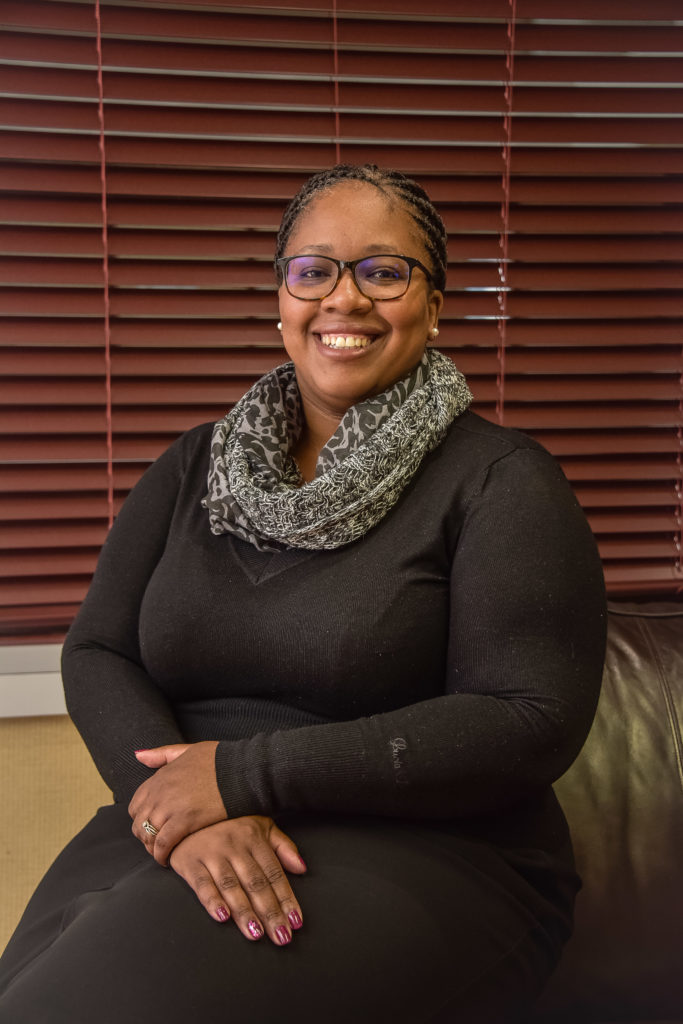Lindi Monyae, Liberty Divisional Executive for Emerging Consumer Market

Women are pillars of families, carriers of courage and hope for financial freedom. As women, we are the driving force of positive change in all spheres of life but more significantly in the financial sector. We owe it to ourselves to be persistent and resolute in our convictions to create meaningful change in partnership with our male counterparts.
Some greenshoots are visible but there’s still more ground to cover
Globally, more than ever, women are joining the once male-dominated sector, holding positions of power as decision makers, but South Africa is still trailing behind this trend. However, it is becoming clearer that women are now more interested in securing their financial independence, improving financial literacy and even promoting sustainable finance. While this may translate to more women working in the sector, there are still major gaps in the promotion of female leadership within financial institutions.
The required transformation at senior levels is everyone’s responsibility with focussed attention and drive towards women’s development and sponsorship. Women in leadership need to hold their male counterparts accountable, but also each other to fix this imbalance. We must recognise excellence and unapologetically nurture it.
Insurance industry can be a conduit for change
The world of finance has often been portrayed as a male-dominated space, rarely advertised well to young women, but that does not appear to be stopping the next generation of female professionals. At Harvard Business School, a key global financial learning institution, approximately 42% of the student body were women in 2019, but two years later, this has increased to 44% at an MBA level, with doctoral programs sitting at an exact 50/50 split between men and women. It may be a small jump, but it is an indication that the landscape might be shifting – at least internationally.
In South Africa, the Financial Sector Transformation Council’s Charter is a policy aimed at changing the current imbalance. We are aware of the historic pay differences, limited opportunities for growth and development and sometimes blatant exclusion of women and even more for women of colour in this country, however, I believe that established leaders have a responsibility to lead the charge with enhanced support from legislation and policies to effect this. The financial sector has an opportune obligation as it owns resources, information, and opportunities to promote women’s financial wellbeing.
A prime example of how to do this is through effective networking and financial education. One of the major local support structures, the Women in Finance Network has a focus on creating mentor/mentee relationships for all women in the financial services industry. Meeting, sharing experiences and learning from each other is vital to retaining and building talent in the sector. Liberty has also just recently launched the National Women Adviser Community (NWAC) for a similar purpose.
Serving women through insurance
One of the biggest challenges faced by the insurance industry is creating products and solutions that better serve the shifting needs of South African women. Women expect insurers to see them for who they are and not for who society expects them to be. The economic value that women bring to the economy is not only fully recognised, but it’s overlooked because of the emotional trait that women are associated with.
It’s often said that women make emotional decisions, even when it comes to money, but I see this more as a strength than a weakness. As women, we are underserved and undervalued, but that doesn’t mean we should be silent. It could be said that some women do have an emotional relationship with money because it enables them to have feelings of happiness, contentment, or even security. But even so, women are not a homogenic group. They have varying financial needs and financial goals
However, at a general level, women may respond more actively to goal-based products and solutions, versus being dictated to about their financial shortcomings. With the right financial guidance and tools, women’s emotional connection to their families and determination to achieve against their goals can be harnessed to strengthen their financial prowess.
Insurers need to invest time and resources behind understanding the female segment with the complex layers they bring and be intentional about providing bespoke solutions that enable their financial freedom.
I believe that it is through finances that women can level the playing field. By always learning, always passing on that knowledge and investing in our communities, we can create a more inclusive financial sector – and a more inclusive country.
The role of the Adviser in serving women
A Financial Adviser should form part of a woman’s circle of support because a woman who makes good financial decisions is enabled to drive transformation within her family and community. Financial literacy inspires financial confidence and is vital to becoming financially independent.
I would like to challenge Financial Advisers in the industry to create safe spaces for their female clients to speak their financial truth and support them with their aspirations of driving change and be invested in helping them to pursue and achieve their financial freedom.

